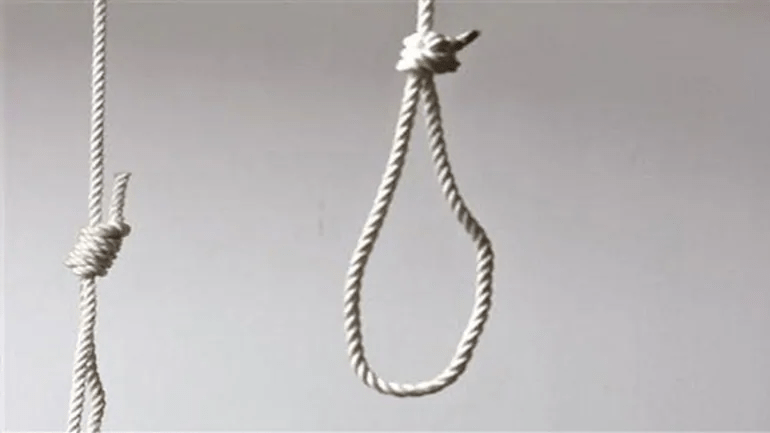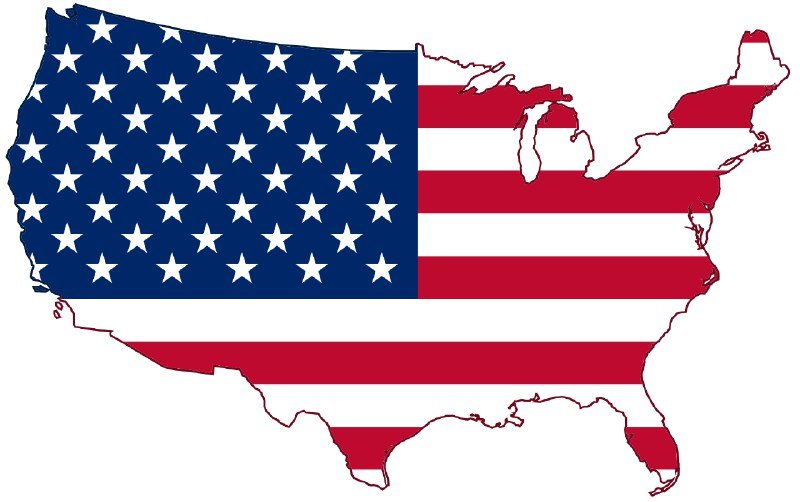The United Nations has called on the Nigerian government to abolish the death penalty.
As of December, 3,413 prisoners were housed in Nigeria’s correctional facilities on death row, according to Abubakar Umar, the organization’s spokesperson.
The United Nations’ member states pushed for an immediate moratorium on the death penalty during Nigeria’s Universal Periodic Review (UPR) in Geneva, Switzerland, highlighting the necessity of its eventual elimination from Nigeria’s criminal justice system.
Breaking: UN Queries Buhari Govt On Biafra, Killings In Nigeria, Corruption, Others
Every four to five years, the UN Member States’ human rights records are peer-reviewed as part of the Universal Periodic Review (UPR).
Present at the UPR conference in Geneva is the Nigerian delegation, led by Lateef Fagbemi, the Minister of Justice and Attorney General of the Federation.
Presenting Nigeria’s report on its human rights initiatives, Fagbemi emphasised the laws and regulations put in place by the government to address and stop violations of human rights.
“Nigeria has enacted several legislations, such as the Administration of Criminal Justice Act (2015), the Child Rights Act, and Anti-Torture Act, among others, to safeguard the rights of Nigerians,” the justice minister said, while being flanked by the Solicitor-General of the Federation and Permanent Secretary, Federal Ministry of Justice, Beatrice Jeddy-Agba.
UN Condemns Detention Of 21 Lesbians, Gays In Ghana
A journalist watched the Geneva session on Tuesday at the UN Human Rights Council, where Nigeria presented its human rights status. The journalist was in the UN House in Abuja.
The Attorney General claims that as part of Nigeria’s effort to improve its record on human rights, the country has strengthened public institutions to guarantee accountability in cases of infractions.
The steps taken by the nation to “foster and safeguard the enjoyment of fundamental human rights for Nigerians” were further explained by Mr. Fagbemi.
“Nigeria remains committed to the promotion of the rule of law and obedience to court decisions. Nigeria has designated the National Human Rights Commission (NHRC) as the independent Nationa Preventive Mechanism against torture,” the AGF said.
He said that the Violence Against Persons Prohibition Act has been passed by many states in the nation and that the Child Rights Act is now in effect countrywide in all 36 states of Nigeria.
UN Reveals Number of Children That Could Die In 10 Years
The minister spoke upon the implementation of diverse rights and emphasised the creation of inquiry committees in reaction to the 2020 demonstrations against police brutality in Nigeria. Victims of infractions received compensation as a result of the investigations’ findings.
The Nigerian team, which included people like Olumide Osoba and Wale Fapohunda, gave a report on the nation’s implementation of the UN Human Rights Council-recommended human rights instruments.
The council last reviewed Nigeria in 2018, making suggestions meant to elevate the nation’s standing on human rights.
Notwithstanding the government’s assertions of achievements in defending and advancing the rights of Nigerians, real-world obstacles still exist.
The country director of Avocats Sans Frontieres (ASF) in Nigeria, Angela Uzoma-Nwandu, stressed that laws and policies are only as good as their execution. She argued that the death sentence should be abolished in Nigeria because it violates a person’s right to life.
Protesters Planning To Disrupt Tinubu’s Visit To UN Assembly
Concerns were expressed regarding persistent instances of sexual and gender-based violence (SGBV), press freedom, torture, dwindling civic space, and arbitrary arrests.
President Bola Tinubu has been urged by the international community, particularly Amnesty International, to give human rights protection and addressing violations of rights first priority.
West African nations including Ghana, Togo, and Gabon pushed Nigeria to address gender-based violence and abolish the death sentence in its evaluations.
Other African countries suggested bolstering public institutions to deliver high-quality education and healthcare.
Concerning Nigeria’s human rights situation, the US and Canada emphasised the need to put the EndSARS committees’ recommendations into practice, bring legal action against law enforcement officials who violate human rights, and decriminalise same-sex unions.
Sagamu Cult Clash: Cultism Will Attract Death Penalty In Ogun – Gov Abiodun
The minister of justice stated that Nigerian laws are a reflection of cultural values in response to LGBTQ concerns.
He also spoke about the nation’s decision to abide by correctional services laws and commute the death penalty to life in prison.
The principal theme rights issues that were examined in Nigeria were delineated by Adwoa Kufuor, senior human rights adviser at the UN in Abuja.
Pieter Leenknegt, the Belgian ambassador to Nigeria, observed and took note of the suggestions made by UN Member States regarding social protection and LGBTQ rights during the Geneva procedures on Nigeria at the UN House in Abuja.
Follow us on Facebook



